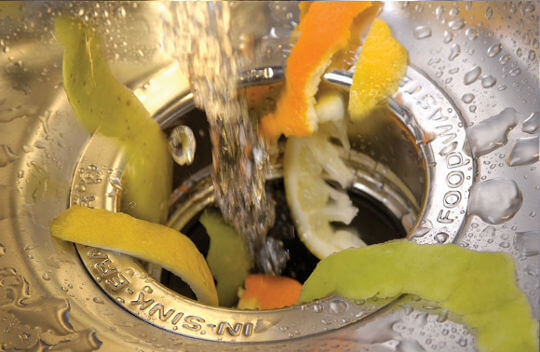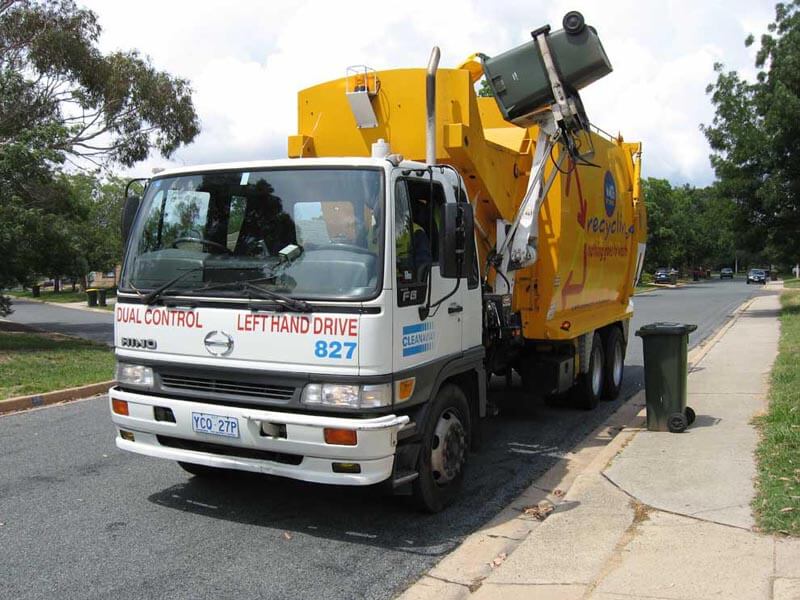
Landfills are rubbish!
In landfills, garden waste and kitchen scraps break down into methane, a potentially explosive greenhouse gas, and leachate, which can pollute our water.
Here’s how the respected website LEARNZ describes the process:
“When organic waste is put into a landfill, it breaks down by a process called anaerobic decomposition. The organic waste creates a liquid called leachate, and two main gases – methane (CH4) and carbon dioxide (CO2), both of which are greenhouse gases.”


Water, nutrients, and money down the drain!
In-sink disposal units waste treated drinkable water, and turn nutritious organic material into a problem for water treatment plants.
This is what an Auckland City Council website said:
“Other disposal methods also cause problems putting food scraps down in–sink waste disposal units places pressure on the sewer system and treatment plant. Not only does getting rid of this material cost us hundreds of thousands of dollars, but it also means we are wasting the valuable nutrients that organic material contains and that our soil needs.”

Centralised composting creates carbon emissions!
Kerbside collection of organic waste, for transport to a central processing site, you lose the nutrients that could add value to your land.
Carbon dioxide (a greenhouse gas) is created through the transportation and processing of waste.
Home composting is better than any other way of processing domestic food and garden waste.
Earthmaker is the most eco-friendly home composting system.
